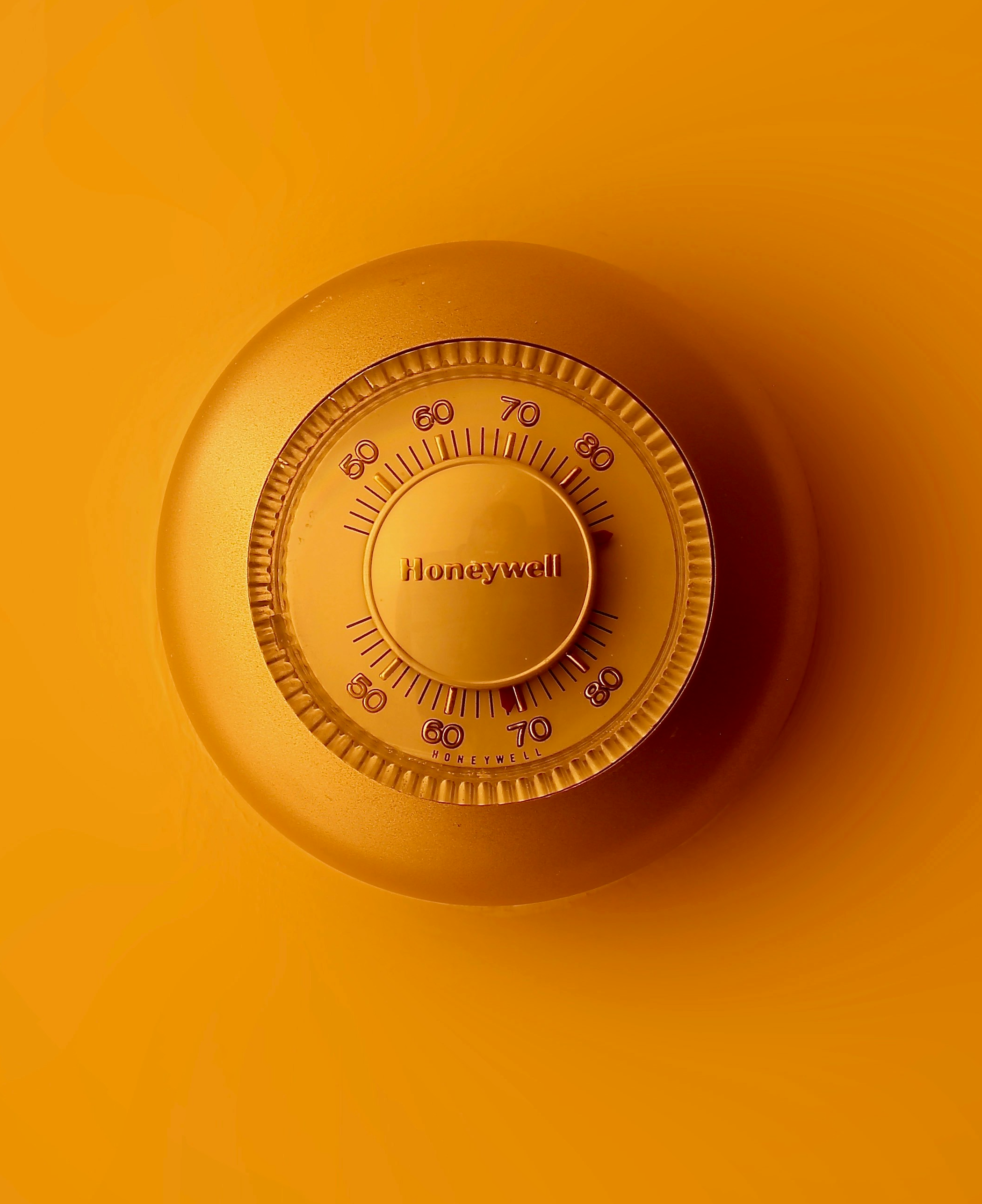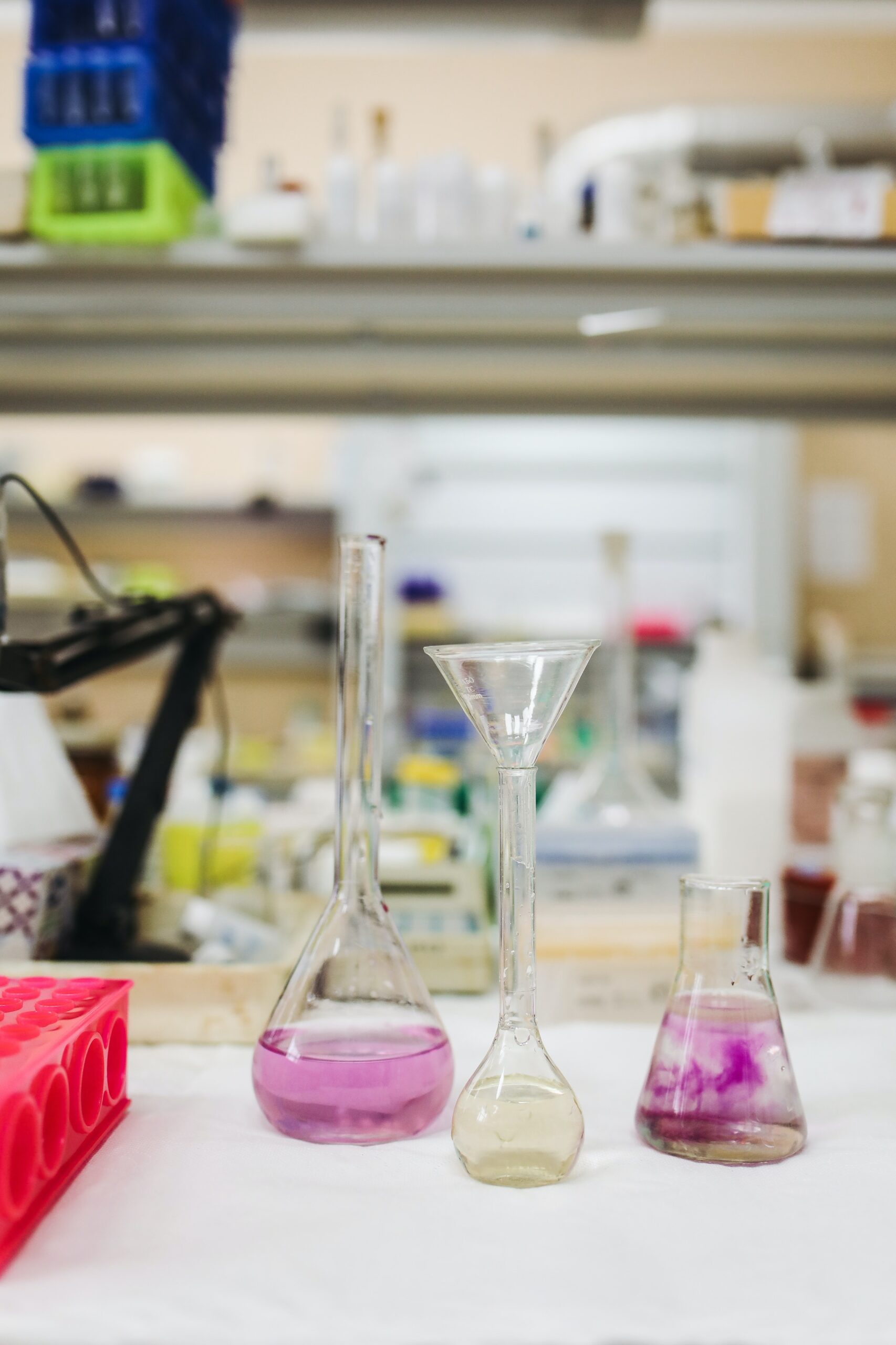It’s true, we have a non-human entity living inside all of us that plays a super important role for our health! It’s pretty sci-fi! Our microbiome has several functions, here are four of the most important: It consumes fibre – which means that fibre actually feeds the good gut bacteria in our large intestine, keeping […]
HINT: it covers more than just gut-related symptoms! Your microbiome is like a rainforest ecosystem, what happens when the soaring trees that provide the foundation for this eco system, your beneficial gut bacteria, are wiped out or reduced greatly in number? While it’s normal to have some weeds in the rainforest, given the opportunity they […]
Browse by Category
mindset
weight loss
hypothyroidism
fatigue
gut health
client results
Looking for Answers?
Every fortnight I send out a little Hello from me to you. It's always got some helpful tidbits for making your Hashi's health goals a reality.
I'm generous so I also send out recipes and other freebies which aren't available elsewhere. You might also hear abut a free workshop I'm hosting or other events I think you might be interested in.
Integrity is very important to me so I respect your time (and brain space!) and only touch base once a fortnight, nooo maam there is no spam! If you're thinking about collaborating with me on your health journey then it's a good way to see if you think we are a good fit too.
Want to keep in touch?
Better than free gelato!




